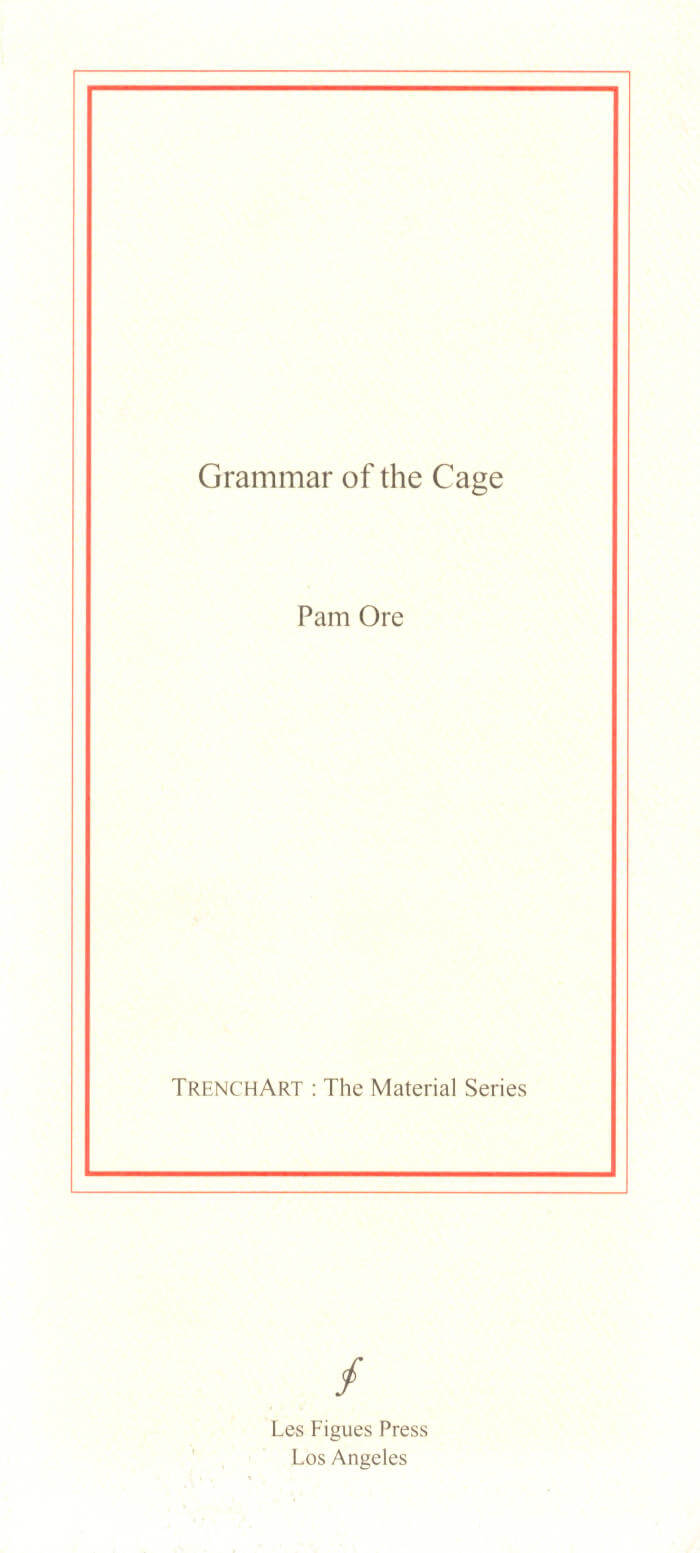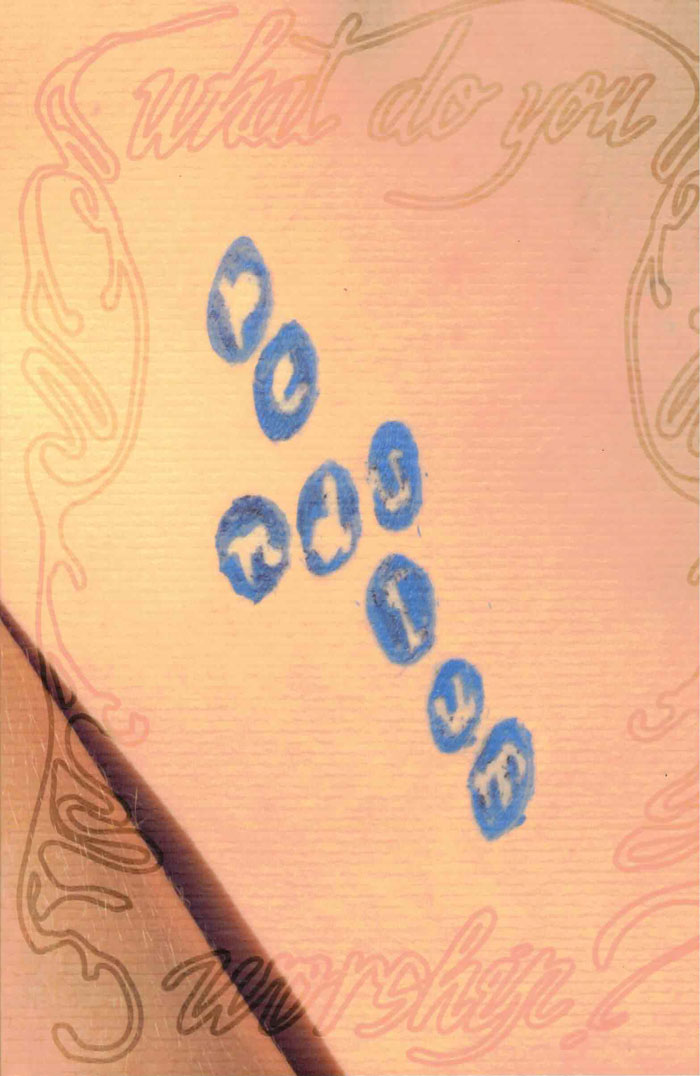
Film Poems
In Film Poems, readers find themselves with author Redell Olsen on the cutting-room floor of discourse, weaving together a manifesto of conceptual poetry that demonstrates the skipping and scratch of language. Just as really "seeing" a film is to experience our own vision—the technology that is always mediating our sight—really "reading" (a particular form of seeing) is to experience our own language as a constantly shifting medium; meanings emerge through ceaseless splicings and cuts.
Film Poems brings together Olsen's "Film Poem" works written for performance and installation in relation to films made and appropriated by her between 2007-2011. The five sequences splice together a range of contextual references from London landmarks, lace manufacturing, synchronized swimming, and the history of camouflage. Words unfold on the page as a film unspools from a reel, with particular attention paid to etymologies and polyvalences, to the process and performance of meaning-making and its relationship to physical manufacturing. "Words are the film between what is said and seen," writes Olsen, "and also the means of writing that something burning in the projector called language."
Redell Olsen's publications include FILM POEMS (Les Figues Press, 2014), PUNK FAUN: A BAR ROCK PASTEL (Subpress, 2012), Secure Portable Space (Reality Street, 2004), Book of the Fur (rem press, 2000), and the collaboratively produced Here Are My Instructions (Redell Olsen / Susan Johanknecht) (Gefn, 2004). Her film poems, and texts for performance and film, include: Bucolic Picnic (or, toile de jouy camouflage) (2009), Newe Booke of Copies (2009-10), Lost Pool (2010), and SPRIGS & spots (2011-12). From 2006-2010 she was the editor of How2, the international journal for modernist and contemporary poetry and poetics by women writers. She is the director for the MA in Poetic Practice at Royal Holloway, University of London, UK.







